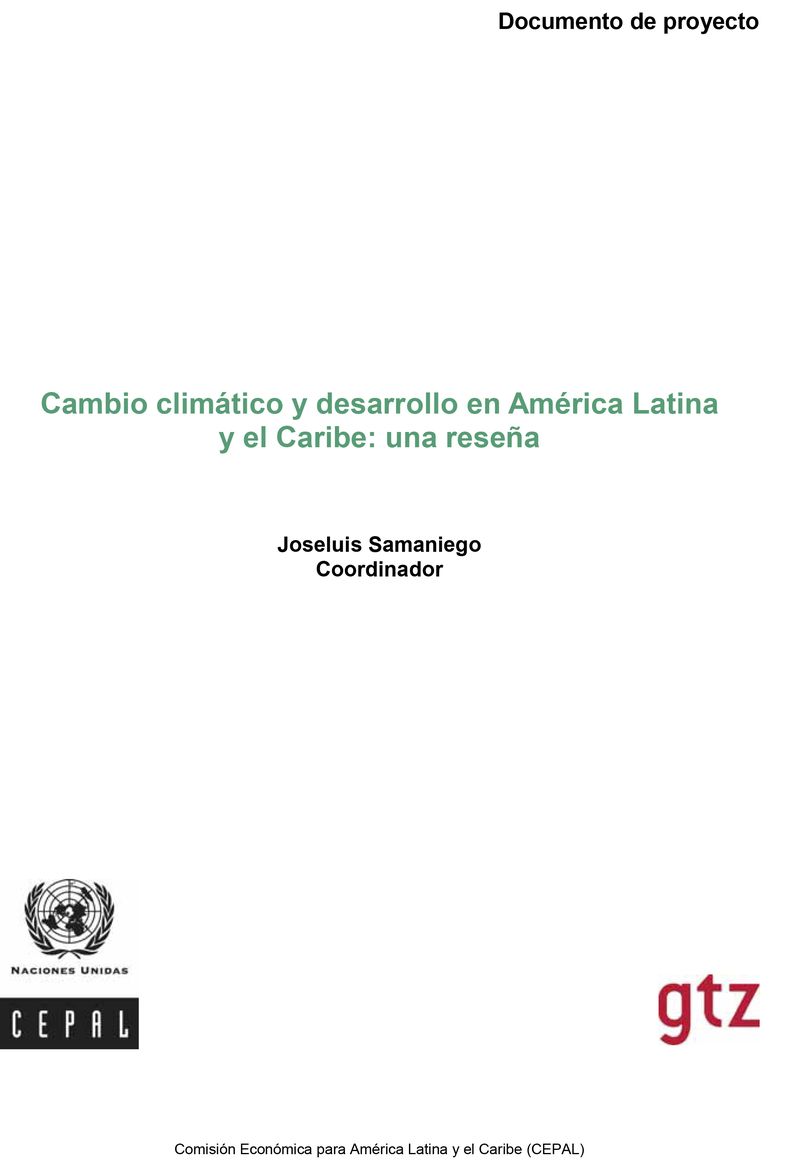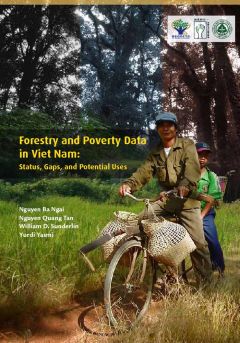Cambio climático y desarrollo en América Latina y El Caribe: una reseña
La situación de América Latina y el Caribe es distinta de la de los países desarrollados. Mientras que estos últimos son los que principalmente generan la externalidad global resultante de las emisiones y también la sufren, la región de América Latina y el Caribe contribuye poco a generarla pero la sufre de manera desproporcionada. Si se toman en cuenta las emisiones regionales, América Latina y el Caribe solo emite más que África, que ocupa el último city (aunque en términos de emisiones per cápita se encuentra por encima de Asia y África).





